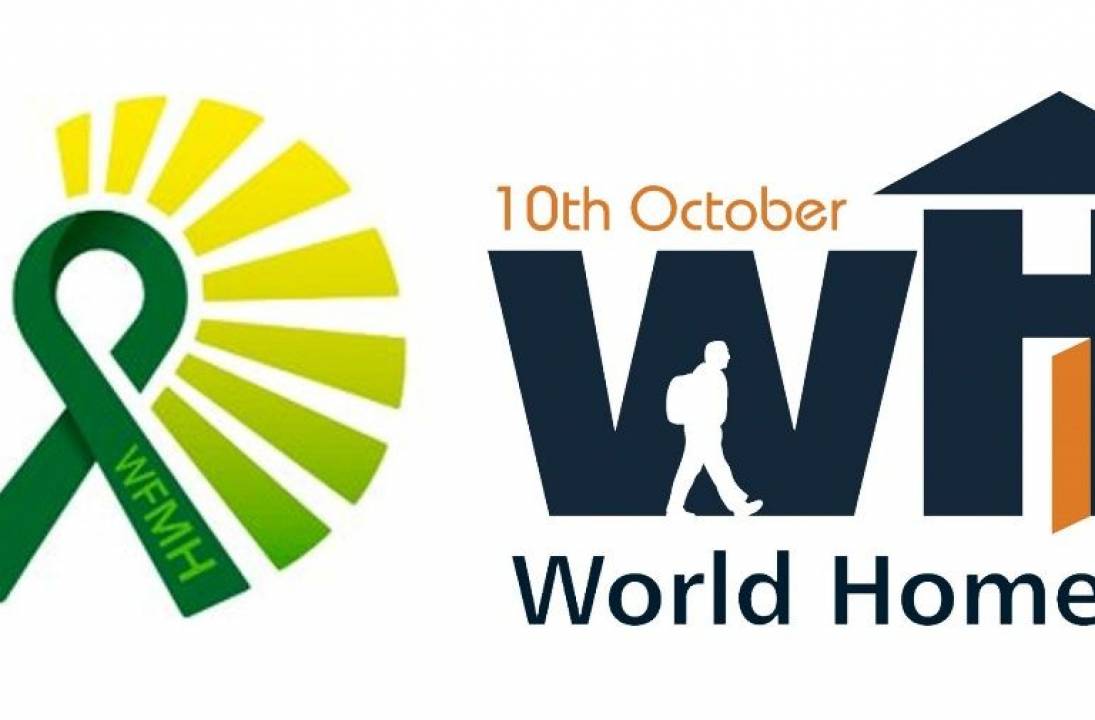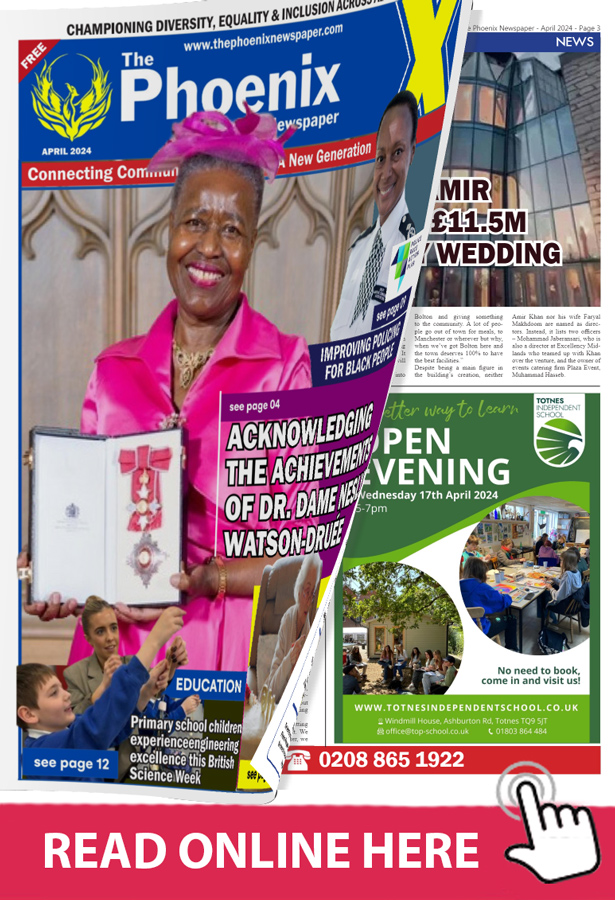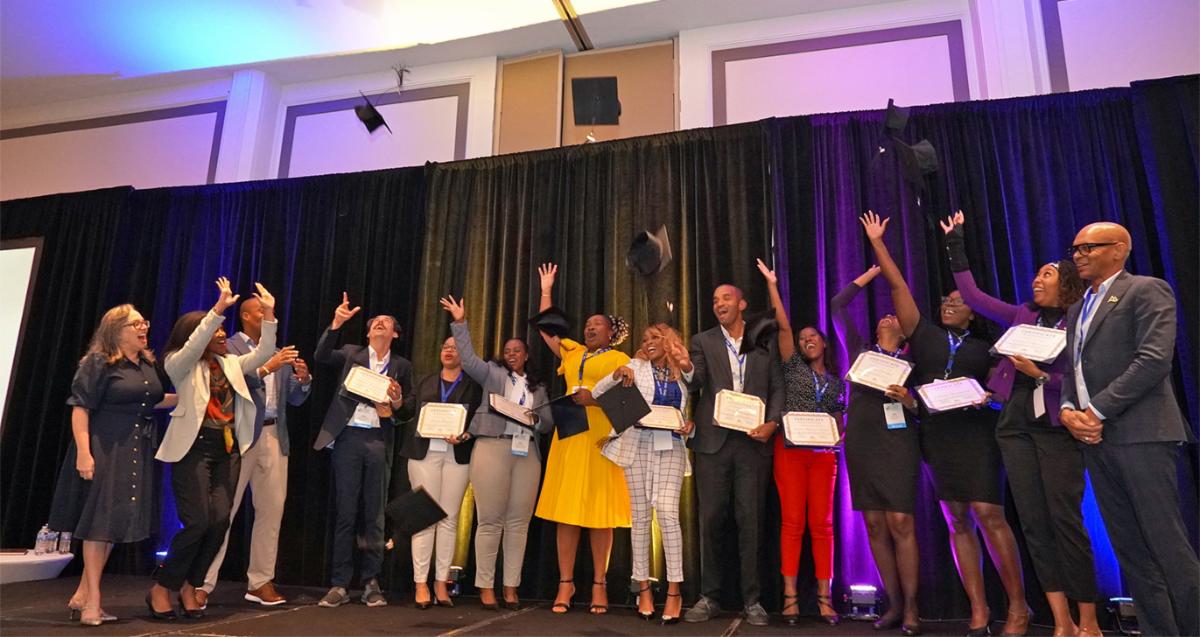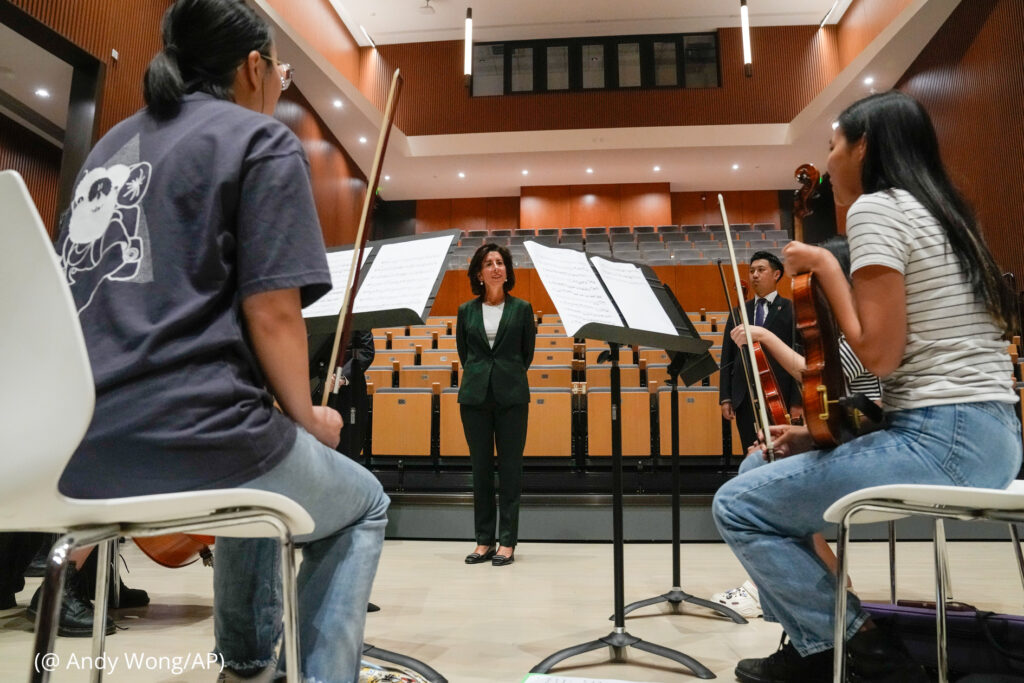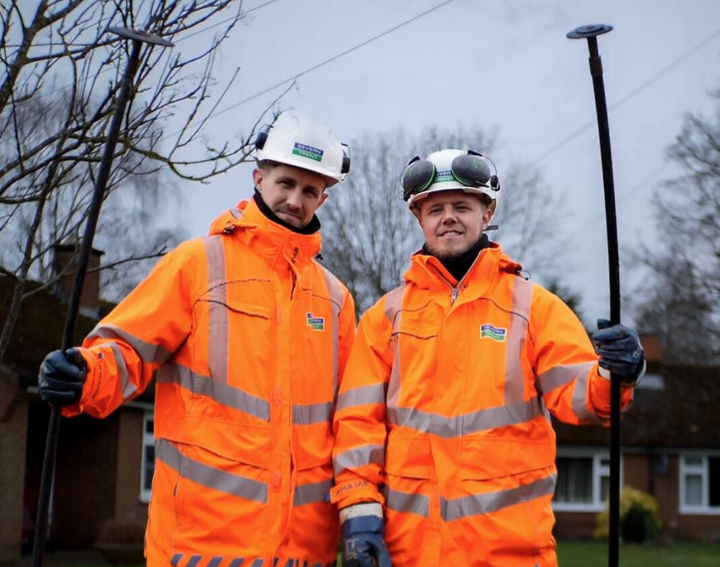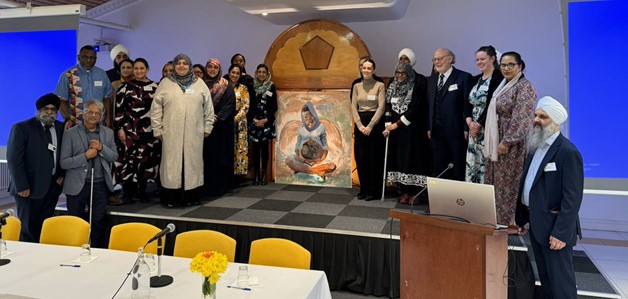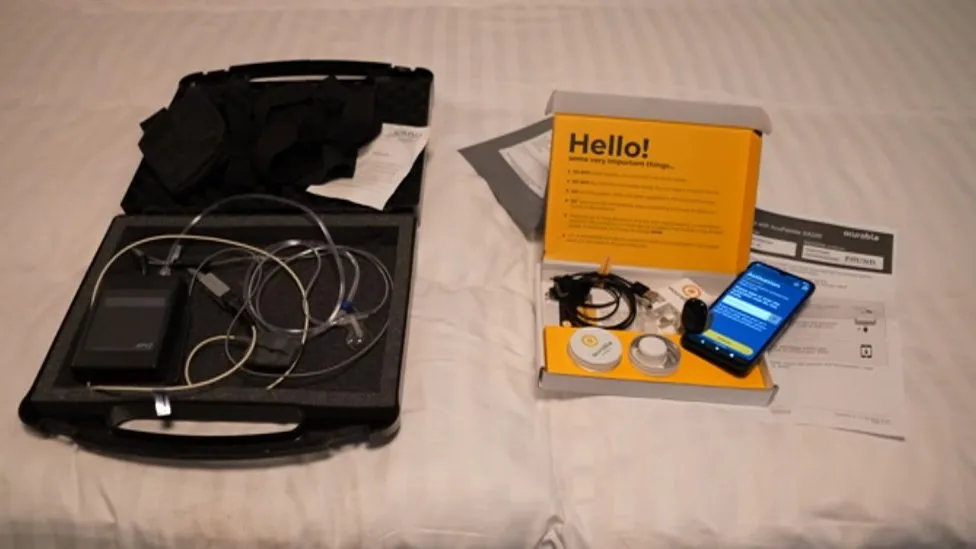
New sleep apnoea diagnostic device could slash waiting times and improve quality of life
A new diagnostic device could help those who experience sleep apnoea get a quicker diagnosis and an improved quality of life.
Obstructive Sleep Apnoea (OSA) is a sleep problem which causes the airway to become slightly or completely blocked during sleep. The brain, detecting low blood oxygen levels, sends signals that cause the person to wake up, restoring normal breathing.
OSA can lead to interrupted nights’ sleep and poor quality of life – with excessive daytime sleepiness and fatigue leading to a higher risk of car accidents. It also increases the risk of dying from heart disease and stroke. Awareness levels of OSA in the UK are low. It is estimated that up to 85% of people with OSA remain undiagnosed and untreated.
Now researchers in the UK, led by the University of Warwick, are trialling a new diagnostic device, named AcuPebble, which they hope will revolutionise the diagnosis and treatment of OSA. This small device is placed on the neck of the patient overnight, and records sleep data (including heart rate, breathing rate, oxygen levels).
In the morning, this data is automatically analysed, and the diagnostic report is sent to the patient’s doctor. Currently, a patient with symptoms that indicate OSA needs a GP referral to specialist hospital services to attend hospital, collect and be instructed on how to use the overnight sleep study equipment, return it next day and wait for data analysis and hospital follow-up appointment.
There are several challenges, however. The tests can be difficult to use and so approximately 15% of studies must be repeated. It is lengthy and expensive, with specialists having to manually interpret the signals. There are also long waiting times, patients must come to the hospital and, before the machines can be reused, some disposable parts need to be replaced and the equipment disinfected.
The new AcuPebble device, originally developed by researchers at Imperial College London and produced by Acurable, addresses these issues. The device can be posted to patients directly. It arrives with simple instructions to follow for an overnight sleep test and the patient can then return it by post.
The results are immediately analysed and will be ready for the referring clinician or secondary care consultant to review them the next day. Patients who may be at higher risk of OSA (for example those who are overweight, have hypertension, diabetes, or both) will be invited to take part in the study.
Chief Investigator Professor Michelle Miller, Warwick Medical School, University of Warwick, said: “We will aim to recruit 1,426 (i.e. 713 per group) participants from General Practices working with the West Midland Clinical Research Network (CRN) and will compare the number of new diagnoses of OSA in those using the AcuPebble and those having standard care through the traditional referral pathways.
“We will investigate how each approach compares in terms of effectiveness and value for money for the NHS. If this strategy is successful in detecting OSA, it could potentially be rolled out in primary care to improve the diagnosis and treatment of OSA.” Co-Chief Investigator Professor Francesco Cappuccio, University of Warwick, added: “Currently only a tiny proportion of people with OSA are being detected, and those who might report symptoms suggestive of OSA must wait many months before being diagnosed in specialist units.
“During this long period, untreated people with OSA may face poor quality of life, disturbed sleep with long term consequences for their health, and possibly excessive daytime sleepiness and fatigue leading to a higher risk of car accidents. Our study will provide the evidence needed to cut the waiting time from months to days and suggest a new diagnostic pathway to be adopted in the future.
“There would also be economic benefits. Highly valuable professional time of doctors and physiologists currently spent for diagnosing OSA could be diverted to a more effective management of OSA in many more patients.” University of Warwick’s Professor Jeremy Dale, a retired GP, added: “As a GP, it would be of great value for our patients to have access to a device like the AcuPebble that can readily detect OSA at an early stage.
“There are tens of thousands of patients who would benefit from preventative advice and therapeutic actions to reduce their risk of OSA causing accidents, heart disease and numerous other problems.” The Finding Obstructive Sleep Apnoea Using a Novel Device (FOUND) trial is a collaborative project between the University of Warwick, the University of Oxford Primary Care Clinical Trials Unit, University Hospitals Coventry and Warwickshire (UHCW), the University of Birmingham and patients’ representatives from the local outpatients sleep clinic and from two national charities, Hope2Sleep, and the Sleep Apnoea Trust.
FOUND is a Randomised Control Trial funded by the National Institute for Health Research (NIHR): i4i Programme, Award ID: NIHR203393.









